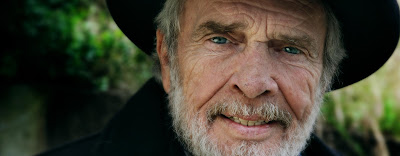What's a Dopp kit? If you know the answer, chances are you were either in or had some association with the military. Dopp kits, sometimes called toiletry kits, are small bags, usually leather or canvas, that you use to store your toiletry supplies. First produced by leather craftsman Charles Doppelt in the early 1900's, he won a contract to supply them to the US Army during WWII. They became ubiquitous among GI's and other members of the armed forces. Dad had one, acquired sometime during his Naval career, and he always used it to stow his gear as far back as I can remember.
One birthday during my teen years, Dad gave me my own Dopp kit. Mom later told me Dad wanted to give me something that would remind me of him as I ventured further and further from home. I still have it. It's well worn, and I will always travel with it. It's been with me on every road trip, every business trip, and anytime I've left home since college. It's carried my razor, toothbrush, and deodorant to every state I've visited as well as 8 countries and 4 continents.
Peter Gabriel wrote "Solsbury Hill" after his departure from Genesis. There's a tense trepidation in the song, mirroring his real life as he stepped out on his own, but this seems to melt away in the comforting line, "Son, grab your things I've come to take you home." He found strength in something remembered, some touchstone to the past.
After three decades of packing my kit, the actions have become almost a ritual. My toothbrush is always in the outside pocket, bristle side up. Razor is in the center, blade side down, next to my deodorant. Both are flanked by shaving cream on one side and toothpaste on the other. With everything stowed properly as I walk out my front door on another adventure, Dad's deliberate gift all those years ago fulfills its intent as a reminder, a remembrance, and a touchstone.







